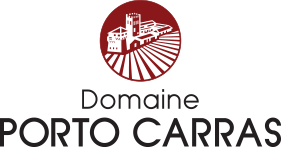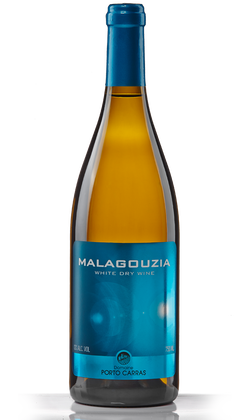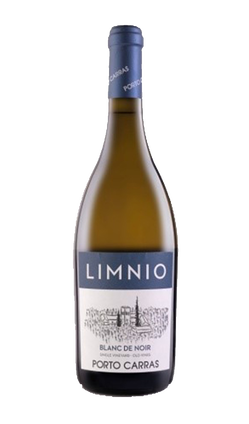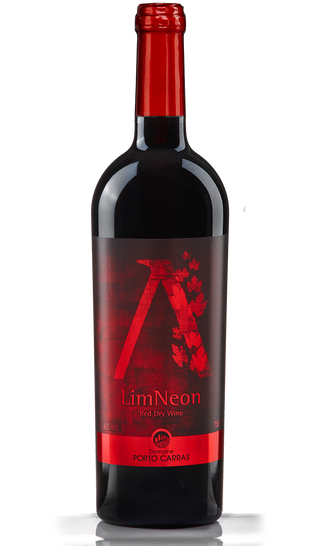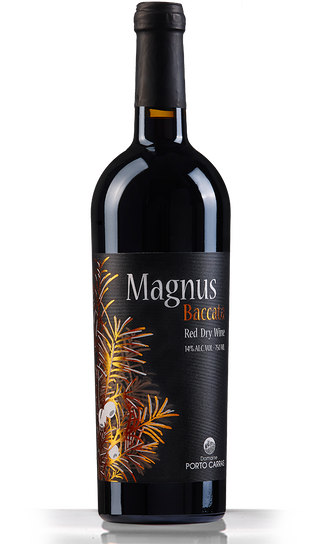The Vineyard & the Winery
Domaine Porto Carras is the largest organic Greek vineyard with total area 500 hectares. The idea of reviving this area around 1960, deciding to utilize all the potential of the valuable dowry that nature had bestowed on the unique western costs of Sithonia was the mark point of Greek oenology. The hilly areas in the region create excellent ecological conditions for cultivating the 28 selective local and foreign varieties that thrive on the southwestern slopes.
In the beginning of 1965, the first vineyards and olive groves were planted. For centuries now the land of Khalkidhiki has been verdant with vineyards and olive groves. Its wines, named throughout the known world bearing the place names Toroni, Acanthus and Olympus, and referred to in many texts of past ages, were the forerunners of the resent-day wines from the Slopes of Mt. Meliton region, now recognized as wines with Protected Designation of Origin (P.D.O.) “Meliton Slopes”.
The vineyards were designed by university professors from the Thessaloniki School of Agronomy and Athens Vine & Wine Institute in an exemplary manner. For the first time a systematic study was carried out on the suitability of foreign varieties in Greece. The Domaines’ people have respected the magnificence of this unique environment. Wherever there were forests, they have been left untouched. Thus the trees today still constitute a natural barrier, trapping the evening atmospheric moisture which helps the vines withstand the hot days of summer.
Today the “Slopes of Mt. Meliton” vineyards are a model of organic viniculture, in line with modern international trends, respecting the consumer and the environment.
Thanks to the exceptional climate conditions prevailing in the area, the Domaines vineyards are today considered to be one of the rarest cases where most vine diseases are confronted using organic processes.
The Winery was built in 1970 and along with the Vineyards, set a milestone in the Greek wine industry. Its location in a valley was chosen to be invisible to the passer, both from the road and the sea, thereby protecting the beauty of the landscape. It is also worth mentioning the extremely significant contribution of the father of modern wine-making, Professor of the University of Bordeaux, Emile Peynaud, who assisted in developing the first “Greek” Cabernet Sauvignon. The Greek” Cabernet Sauvignon ideally adapted to the chalky and schistose soils of the Domaine, allows the variety to achieve winning coveted awards, prizes and medals.
The design and the selection of the Winery location at the centre of the Vineyard helps at the fast delivery and process of grapes, aiming at maintaining their quality dynamics and to avoid oxidation.
Domaine Porto Carras is the largest organic Greek vineyard with total area 500 hectares. The idea of reviving this area around 1960, deciding to utilize all the potential of the valuable dowry that nature had bestowed on the unique western costs of Sithonia was the mark point of Greek oenology. The hilly areas in the region create excellent ecological conditions for cultivating the 28 selective local and foreign varieties that thrive on the southwestern slopes.
In the beginning of 1965, the first vineyards and olive groves were planted. For centuries now the land of Khalkidhiki has been verdant with vineyards and olive groves. Its wines, named throughout the known world bearing the place names Toroni, Acanthus and Olympus, and referred to in many texts of past ages, were the forerunners of the resent-day wines from the Slopes of Mt. Meliton region, now recognized as wines with Protected Designation of Origin (P.D.O.) “Meliton Slopes”.
The vineyards were designed by university professors from the Thessaloniki School of Agronomy and Athens Vine & Wine Institute in an exemplary manner. For the first time a systematic study was carried out on the suitability of foreign varieties in Greece. The Domaines’ people have respected the magnificence of this unique environment. Wherever there were forests, they have been left untouched. Thus the trees today still constitute a natural barrier, trapping the evening atmospheric moisture which helps the vines withstand the hot days of summer.
Today the “Slopes of Mt. Meliton” vineyards are a model of organic viniculture, in line with modern international trends, respecting the consumer and the environment.
Thanks to the exceptional climate conditions prevailing in the area, the Domaines vineyards are today considered to be one of the rarest cases where most vine diseases are confronted using organic processes.
The Winery was built in 1970 and along with the Vineyards, set a milestone in the Greek wine industry. Its location in a valley was chosen to be invisible to the passer, both from the road and the sea, thereby protecting the beauty of the landscape. It is also worth mentioning the extremely significant contribution of the father of modern wine-making, Professor of the University of Bordeaux, Emile Peynaud, who assisted in developing the first “Greek” Cabernet Sauvignon. The Greek” Cabernet Sauvignon ideally adapted to the chalky and schistose soils of the Domaine, allows the variety to achieve winning coveted awards, prizes and medals.
The design and the selection of the Winery location at the centre of the Vineyard helps at the fast delivery and process of grapes, aiming at maintaining their quality dynamics and to avoid oxidation.
